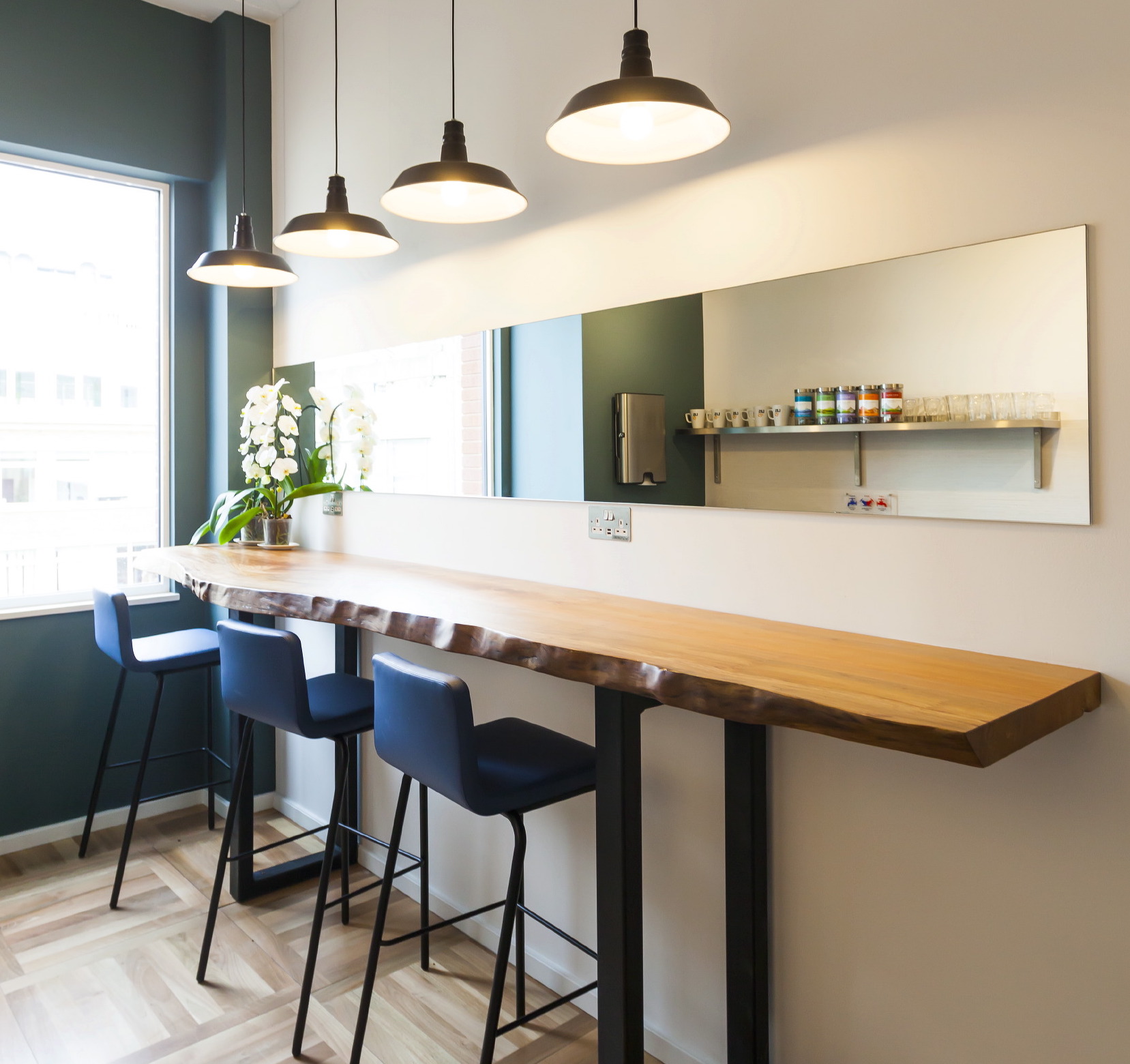The little things are often the ones that count the most and are usually easier to implement than you would think. By incorporating these small habits into your daily routine, it won’t be long until you’re noticing a big difference. Here we’re explaining how these small habits can help you become more successful day-to-day.
Define your priorities
Consider what your main priorities in life are, both in business and personally. Next, examine how much time you’re spending on each priority. By actively evaluating how you spend your time on what matters most to you, you’ll be able to see the possible ways you can re-arrange the time you spend so that you’re able to indulge in what makes your truly happy.
Develop a plan
Having a plan in place ensures you’re constantly working toward something. Not only should you have yearly/life-long goals, you should also have daily goals. Take some time each evening to plan for your day ahead so that you know each morning what you’re working towards that day. Then at the end of each week reflect on how that week has propelled you forward in terms of your yearly/life-long goal and consider what you can do next week to progress even further. By assessing your successes you are more likely to stay motivated.
Set deadlines
Much like with the above point, it’s always good to have goals that you’re focused on, however, if there is no end date in sight, we often let up some slack when it comes to reaching the finish line. Again, setting goals can be applied on a daily, even hourly basis or on a grander scale. Make sure your goals are measurable and keep moving in order to achieve them.
Delete distractions
Smartphones have made our lives so much easier in many ways, but they’ve also caused a hindrance to our productivity. Combine that with the constant need to check emails, news websites and social media platforms it can be difficult to focus for long periods of time. The best way to minimise distractions and boost productivity is to delete these distractions. Take your phone off of your desk and limit its usage, turn off your emails and only check them at certain points and limit the number of times you hit refresh on your favourite website. The longer you go without these distractions; you’ll notice that you’re less dependent on them.
Break down your tasks
It can often feel like some tasks will take more work than climbing Everest, which often leads us to procrastinating and pushing them aside whilst continuing to panic about them. Instead of worrying about how much needs to be done, take a step back and break it down. Look at each and every step you need to take in order to accomplish your long term goal. Then see if you can break that task down further, and repeat until you have manageable short-term tasks that you can easily tick off your to-do list.
Delegate
After you’ve broken down all your tasks (see previous point) it can often still feel like you’ve got too much to do and not enough time to do it. This is where delegation plays a key part. It’s very difficult to accomplish everything all by yourself; no man is an island after all. Learn who you can trust and ask for their help.
Reflect
Self-reflection is essential in assessing your successes and potential failures. Those who can reflect will be able to then learn from each action and put into practise what has worked to help fuel future success and understand what they may need to do differently in the future to make things run smoothly. Take some time at the end of each day, or at a minimum at the end of each project, and assess the strengths and weaknesses.
Read
Reading frequently helps expand our minds and encourages us to keep learning. Whether it’s the latest best seller, a news article on your chosen subject or something completely random, it all works in favour of our ability to absorb information and expand our horizons. Try and find just five minutes a day (obviously the more, the better) to expand your mind.


